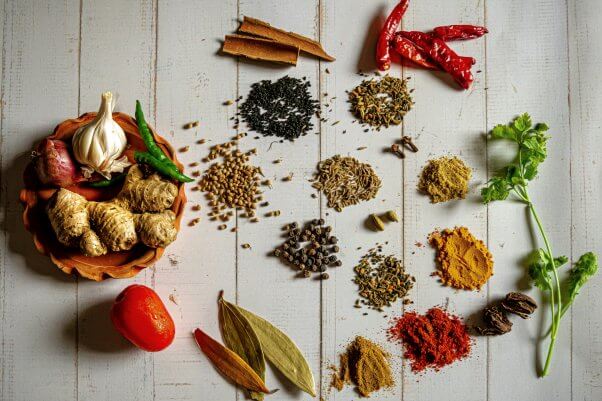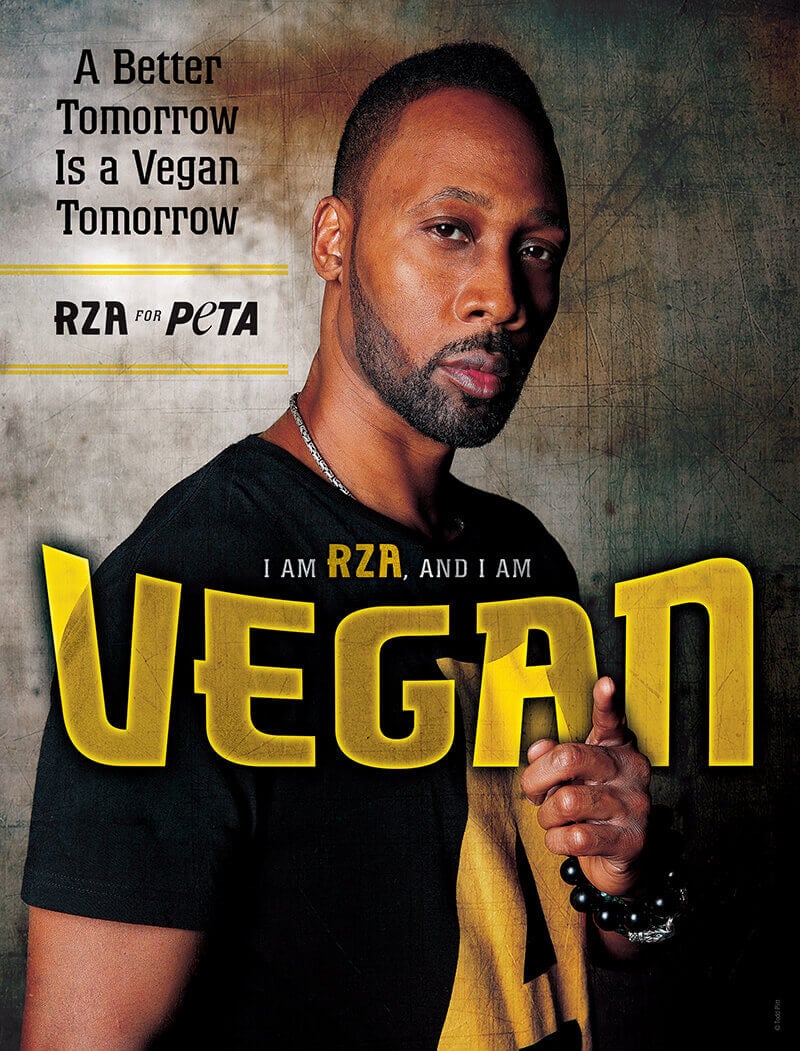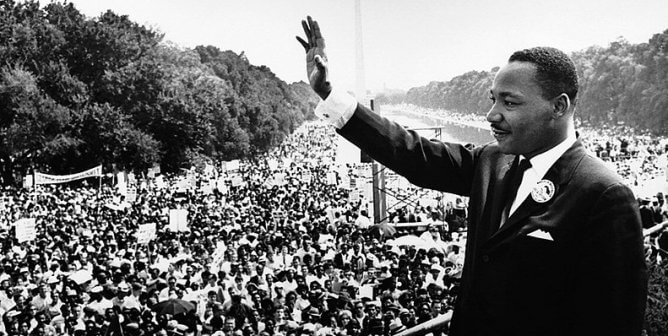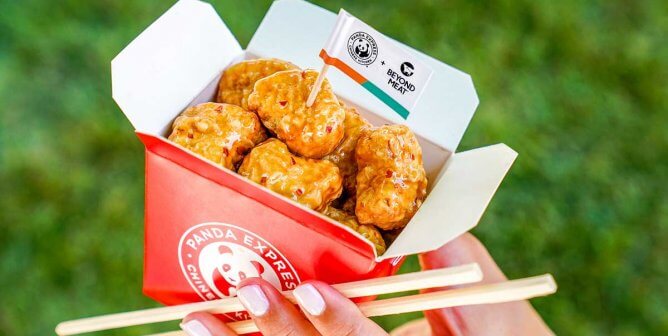Even though I’ve clocked in some decent hours as a black vegan, I (obviously) can’t speak for all folks, as we are (obviously) not a monolith. But I’m willing to wager a box set of The Wire and a pre-ordered copy of NBA 2K18 that there are some commonalities among black vegan experiences. For instance,
1. You’re still just as nervous about whether or not your white friends properly seasoned the food.

Some things just never change.
2. When someone tries to marginalize what black folks can be or eat, you have a “go-to” list of notable black vegans.

For me, it’s Erykah Badu, RZA, and Sen. Cory Booker. We’ve heard the normative (be real, typically white) perspective on being vegan for so long, people sometimes forget about notable vegans of color.
3. Nonvegan friends think you’re being bougie when you ask servers if there are milk ingredients in the side of broccoli.
“Why the hell is there milk in this?!” —Every vegan ever
4. If you’ve been vegan longer than five minutes, you’re tired of arguing that vegan soul food exists.
5. People have tried to make you choose between civil rights and animal rights.
God forbid we care about more than one cause at once, and many times, these two struggles overlap anyway. Take for instance this pig factory farm operation in North Carolina that on a regular basis, sprays excess pig urine and feces into the air—poisoning the local black community.
Does anyone believe this environmental racism would happen in a suburb somewhere in Connecticut? C’mon.
6. You pretend to know what parsnips are with other vegans.
Even Macka B left parsnips off the “Wha Me Eat” track.
7. You know you’re just as black today as you were before going vegan.
A bigot won’t care what you eat. Just because you now know seven new ways to eat kale, that doesn’t make you any more or less black—to the world or to yourself—than before acquiring said kale knowledge. I’d love for someone to try and tell former Ruff Ryders and Lox member Styles P he isn’t with it anymore because of his vegan diet.
“Foods” like chitlins (pig intestines) and pigs’ feet—these are not our true heritage, and they should not represent blackness. Our ancestors had to consume these disgusting body parts to survive slavery, but there’s zero excuse to do so in the 21st century.
8. You get looked at sideways for bringing Tofurky or home-prepared seitan ribs to a cookout.
Repost #vegan #thestruggle pic.twitter.com/Hd9QEQtZMm
— The Invisible Vegan (@InvisibleVegan) May 16, 2017
“I hate to ask, but can I scrape the grill right quick?”
9. You’ve had to try and explain to nonmelanin vegans why “All Lives Matter” is offensive.
We’re already vegan—of course all lives matter. But this slogan has been used to try and diminish evidence that black lives matter less than white lives to the criminal justice system. Be respectful of that, and choose some different words.
10. You hear, “Vegan—isn’t that a white thing?” more than you’d like to (which is never).
Look at us, out here being vegan, with all this melanin. If people in your community criticize your vegan lifestyle and think eating unhealthy and dying early is being black, then for real, they’re in the “sunken place.”
There’s something seriously wrong with an argument that denounces health and consciousness as an authentication for blackness. As Danni Roseman from Blavity writes, “To be a Black Vegan is a revolutionary act. Why? Because it takes courage to unlearn what we’ve been taught both by our families and by governmental agencies who allegedly ‘want the best for us.’”
11. You’ve had that woke moment when you realize the food pushed on black communities is another major piece of our oppression.
Science has shown that people who eat a vegan diet are less likely to be obese and less likely to suffer from a stroke or heart disease. Going vegan can also prevent and help manage type 2 diabetes, the type your auntie/uncle/grandma/father (it’s crazy how often sugar levels are talked about in my family) most likely has.
Black Americans are disproportionately affected by obesity, more likely to have diabetes than white people, and nearly twice as likely as whites to die early from heart disease and strokes.
And wouldn’t you know, when compared to whites and other races, black people eat the most meat per person per year.
Did I miss any big ones? Probably. The real point here is that living vegan is not a white thing, and communities of color can especially benefit from ditching animal parts. For animals and humans, go vegan today.
Text VEG to 73822 to get the latest vegan lifestyle tips, recipes, and urgent action alerts texted right to your phone.
Terms for automated texts/calls from PETA: https://peta.vg/txt. Text STOP to end, HELP for more info. Msg/data rates may apply. U.S. only.







